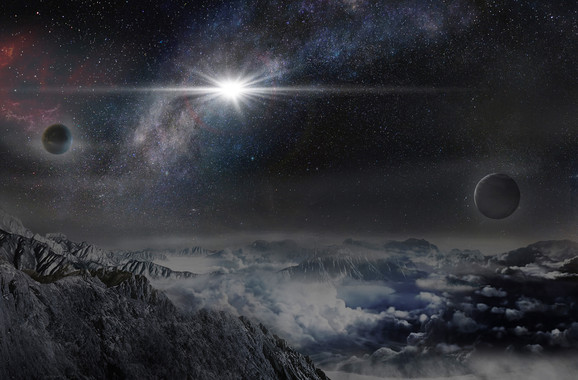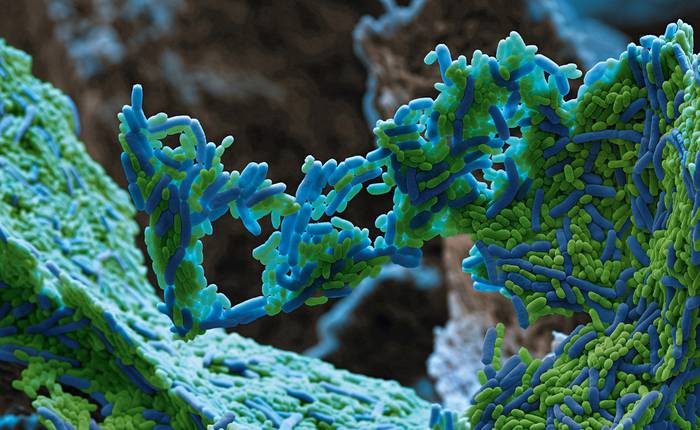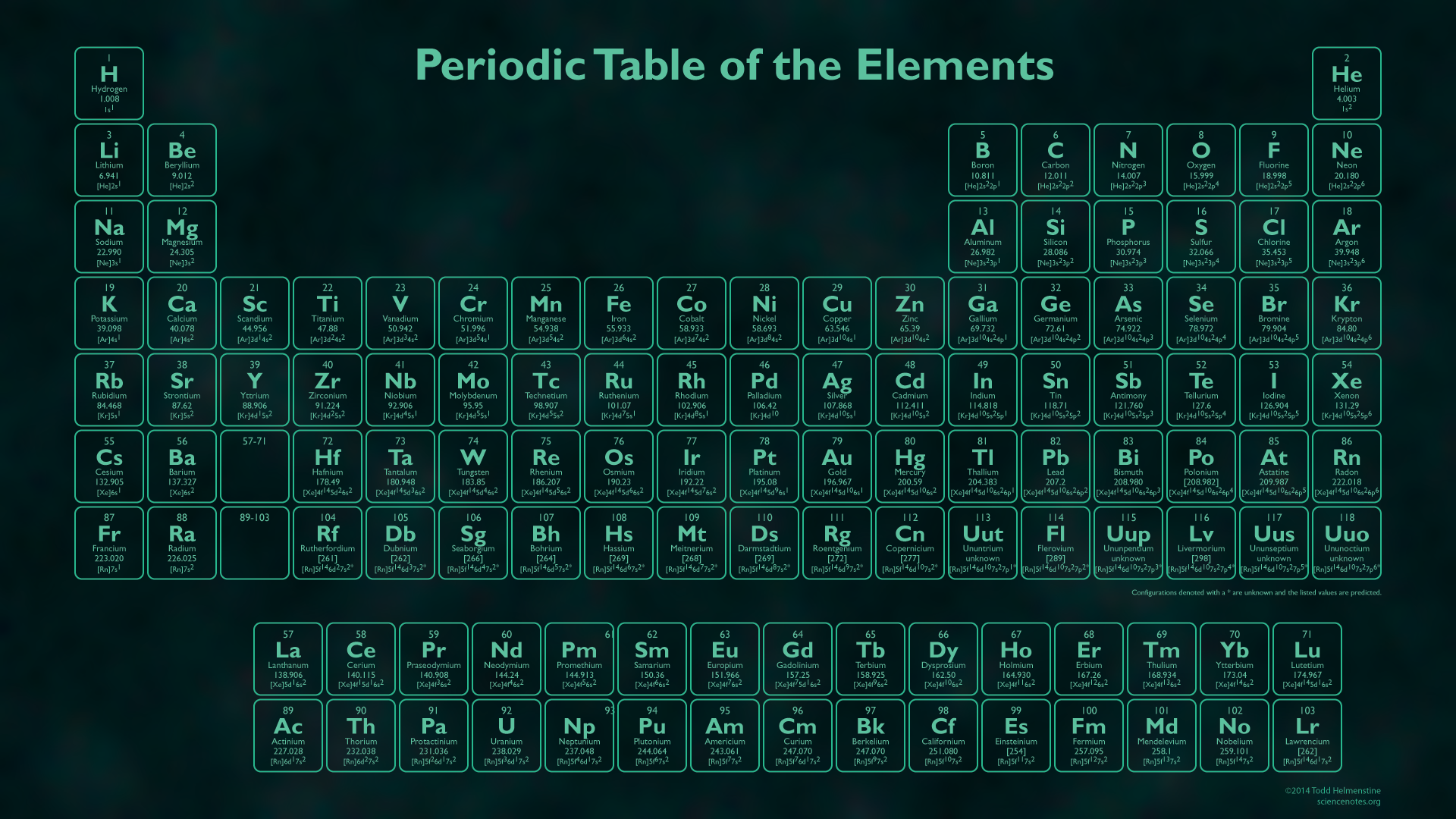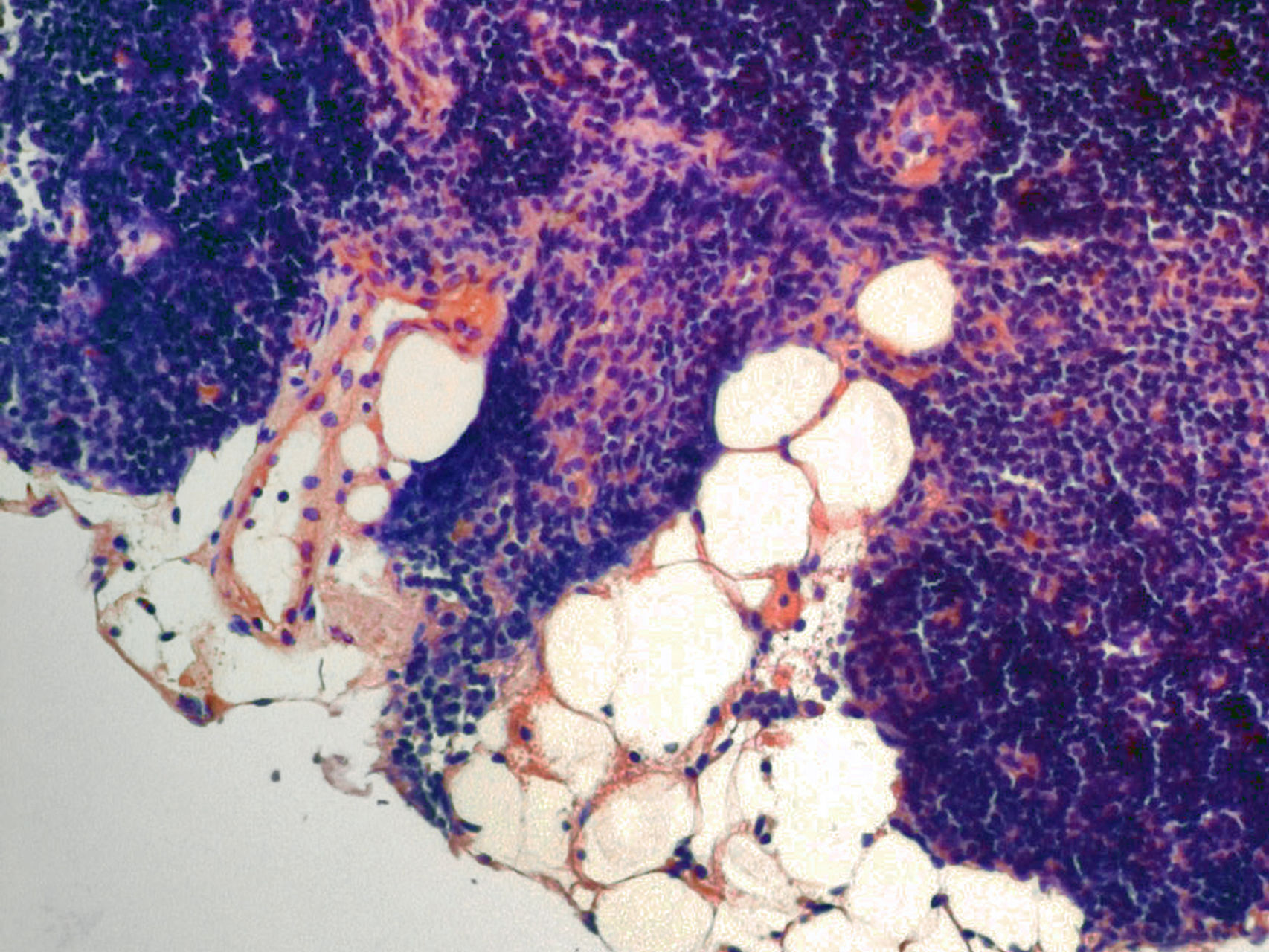Zientzia hedabideetan
-

String Theory Meets Loop Quantum Gravity
Two leading candidates for a “theory of everything,” long thought incompatible, may be two sides of the same coin.
-

Inside the Eye: Nature’s Most Exquisite Creation
“ If you ask people what animal eyes are used for, they’ll say: same thing as human eyes. But that’s not true. It’s not true at all.”
-

La supernova más brillante de la historia
La explosión estelar o supernova ASASSN-15lh, que estalló a 3.800 millones de años luz de la Tierra, ha pulverizado el récord de luminosidad observado hasta ahora en este tipo de […]
-

Gorputzean zelulak baino hamar aldiz bakterio gehiago ditugun ustea ezeztatu dute
Askotan esaten da gure gorputzean giza zelulak baino hamar aldiz bakterio gehiago ditugula. Bada, ikerketa berri baten arabera, proportzio hori nahiko urrun dago benetakotik. Israelgo eta Kanadako ikertzaile batzuek BioRxiv […]
-

New chemistry revives elementary question
The periodic table is a public symbol of chemistry. But as it grows larger, we must stress that science is not just about producing lists, says Philip Ball.
-

A Radical Reinterpretation of Einstein’s Theory
A cadre of physicists working on the theory of shape dynamics could change our understanding of reality.
-

The 40,000-Mile Volcano
A major project in the Pacific Ocean off the West Coast is monitoring a steaming ridge full of living and mineral wonders on the ocean floor circling Earth.
-

Brasil en alerta por los miles de bebés nacidos con microcefalia
El zika, un virus transmitido por el mosquito del dengue, está generando el pánico entre las embarazadas en Brasil, ante el alarmante aumento del número de niños nacidos con un […]
-

Hacia la hormona de la eterna juventud
Científicos estadounidenses describen en ratones cómo FGF21 retrasa la caída de las defensas asociada al envejecimiento.
